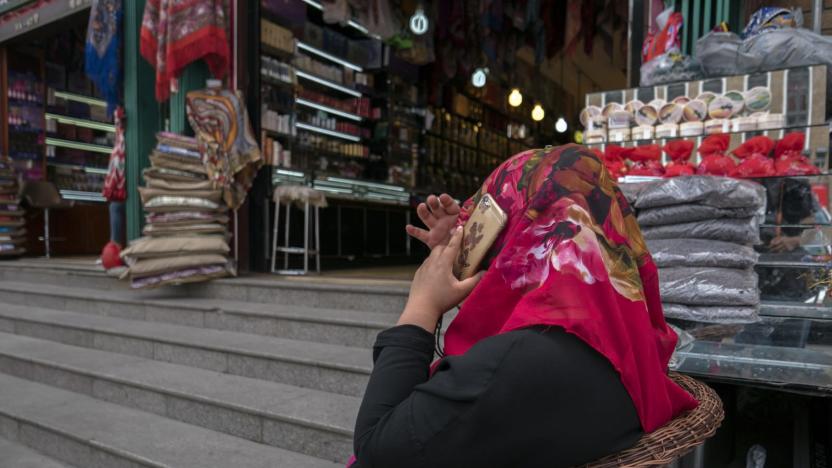Uyghurs
Latest

Amazon suppliers reportedly have ties to forced labor camps in China
The suppliers help produce Amazon-branded products and devices.

Google Translate adds languages for the first time in four years
Believe it or not, Google hasn't added languages to Translate since 2016 -- it's not clear why, but the company is making up for that apparent omission. It's adding five languages, including Kinyarwanda (Rwanda), Odia (India), Tata, Turkmen and, notably, Uyghur. It may be difficult for Uyghurs to use this service when China both blocks Google services and has been targeting their population, but this could help outsiders understand the community

Sites stealing iPhone data reportedly targeted Uyghur Muslims
The websites stealing data from iPhones might have been used for particularly sinister purposes. TechCrunch sources claim the sites were part of a state-sponsored campaign, presumably from China, targeting the country's Uyghur Muslim population. The pages would have let China swipe sensitive info like messages and passwords, not to mention track their locations. Apple quietly fixed the issue with iOS 12.1.4 in February, but it's possible that thousands of Uyghurs' phones were compromised before then.

Chinese surveillance company found tracking 2.5 million people
Security vulnerabilities are horrible, but one of them is shedding light on the reach of the Chinese surveillance state. Security researcher Victor Gevers discovered that facial recognition firm SenseNets left a surveillance database completely exposed, revealing that it has been tracking over 2.5 million people in the western province of Xinjiang, where China has targeted Uighur Muslims. The company has been holding on to personally identifying info (such as names and ID card numbers) as well as an extensive amount of location info, including 6.7 million data points tagged with names (such as "mosque" and "hotel") gathered inside of 24 hours.

